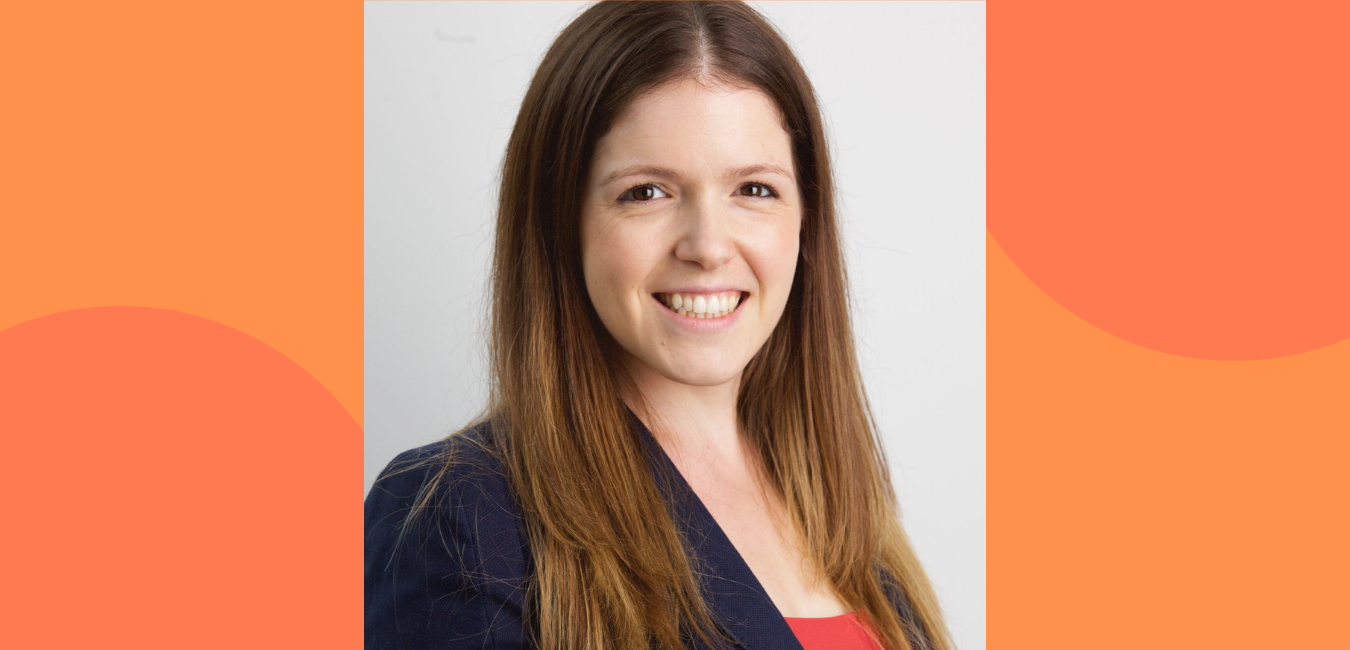Do your execs see you as a future project or team manager? Or do they think that, as “just a PA”, you’re not up to the job? As the traditional role of the PA evolves and PA/EAs are increasingly taking on middle-management roles, we talk to Yvette Pearson about her career and transition to Director of Business Intelligence.
The role of the PA has expanded, not shrunk, as functions have been made redundant and tech has made us more efficient. When I started as PA, 15 years ago, everything took so much time. Everyone had paper diaries for example, so I literally had to go from one desk to another checking them. Now it’s all on the computer. So what do you do with that extra time? You fill it with other stuff, look after more people.
That’s certainly the case with me and my place of work: the PAs are utilised a lot more and in different ways. Originally my role was to deal with all the standard admin stuff. Suddenly I was given client financial reporting to do because there was a perception that I had the time.
I grew up in Essex and had to leave home when I was 18. I really wanted to work in London, so I researched some recruitment companies, made four or five appointments and came into London. I got a call the same day to go for a job interview – which lasted three hours! I was offered the job, but the guy turned out to be a bit weird and I left after three months, wondering if I had made a huge mistake. But that was my foot in the door, and I persevered.
My second job was with a firm of stockbrokers and it was really good fun. This was pre-crash so there was still a lot of client entertaining going on, a lot of boozy lunchtimes. As office junior I did a lot of filing, booking travel etc but I also worked with the Events Manager, who was lovely, and I learnt a lot from her.
I was still only 19 when I got a job at Credit Suisse and I was the youngest in the office for a long time. Being a PA/EA was all I knew, I didn’t feel qualified to do anything else. It’s only now that I begin to feel experienced. When you’re young it’s hard to get your head around the idea that you do know what you’re talking about.
I worked on the trading floor; there were a lot of big egos and a lot of big money going around. I remember saying to myself: Oh my goodness! I am working for a Swiss investment bank! It all seemed huge and very prestigious and I was proud that I could attach that to myself. That’s all changed since the crash of course.
I dumbed down my CV
I was a Team Assistant for the COO so I got a lot of exposure to the back office and to the operational procedures and systems. I always make a point of asking what I’m doing, what it’s for. I hate not understanding where any task fits into the bigger picture, why it needs to be done. Even now. One of the worst things is feeling stupid.
After a while I was moved into the role of Business Manager and worked more closely with the COO’s team. The woman who replaced me had been made redundant from her previous role, so her salary had to stay the same, about 20% more than mine had been in the same job. I felt quite put out but believed that they would notice how hard I was working and how well I was doing and that it would be recognised. When the time came for promotion, I had the backing of some quite senior people, although I was so junior.
I didn’t get the promotion because I was still designated “Assistant” on the system. Basically, the computer said, “no”. It was such a slap in the face. I immediately started looking for another PA role but was told I was over-qualified. Solution? I dumbed-down my CV.
Building my Skillset
I got a job in asset management, as Team Assistant to the emerging markets team. It was still a learning experience, but with the comfort blanket of finance with which I was familiar. And because I suddenly had more time in my “lower” role, I was able to re-set myself and think about moving forward again.
I can never shake off the habit of taking on more. I like to feel useful and needed – and therefore valued. I soon moved on to PA to the COO and I really loved that role! He had the respect of his team and so they took me seriously too. I learnt a lot and the role gave me the opportunity to make some improvements – in work flow, for example, which I love doing – because I had his authority behind me.
I was building my skillset without really knowing it, until one day I updated my CV and realised how much I could add to it. I was working way beyond my pay grade, but not being rewarded for it.
So I looked for a new challenge and went to work for a start-up, which was completely outside my comfort zone. They had literally just moved in and I was setting up all their procedures and processes. I suddenly felt completely free, because I could get the job done without having to check with other people first. It was a small team though and I was beginning to feel a bit frustrated when I got a call from my previous COO, who was now CEO of his own start-up, and he asked me if I wanted to come on board.
This was even more of a start-up – no phones, no pay roll, no computers. I had to set up absolutely everything. But because of my previous relationship with the CEO, he just let me get on with it. He had enough respect for my judgement to sign the lease on the new office without even having seen it!
When I hired my first direct report, I deliberately took on someone very junior, so that I could help her develop and grow. I felt very protective of her and always stepped in and took the blame if something went wrong. It was quite hard training someone in such an unstructured environment, but it was really good for my confidence.
At the beginning of 2018, I was offered a job in another company, a global role setting up international offices. I was terrified, but I handed in my notice. But my CEO told me of new role they were developing, saying “you’re the only one who can do it”. Although my instinct was to turn it down, I gave it some long hard thought and decided in the end that I had to trust their judgement. I was afraid I’d crash and burn, but they had faith in me and could see something I couldn’t.
Confidence and curiosity
I started the new job, essentially a sales role, in May. Managing my own diary was a novelty! And the experience I’ve accumulated working with different types of people has been really useful. I now work with a team of data scientists and I give context to the data they analyse to external intermediaries.
I believe understanding the business is fundamental, massively important. My best advice would be to understand what your company does, what your department does and how it relates to others. Otherwise you never know the impact that your actions will have. You must understand the consequences of your own contribution and you have to care about the company you work for. Sometimes PAs are scared to ask questions because they think they don’t matter. But you have the right to ask questions and deserve to know what is going on. Asking questions shows that you want to understand, versus not really caring. It’s the difference between a job and a career.
The job’s not a 9 to 5 anymore. But that’s fine; spending 10 minutes checking your emails in the evening means you’ll have more time during the day. I’m no longer a PA, I’m Head of Business Intelligence! I have had to believe that I know what I am doing, which has really helped to build my confidence. I have to do a lot of presentations in this role. I’m off to Exeter tomorrow to do some training and I’m completely fine with that. I’ve been with the company since the very beginning, so it’s easy for me to explain how it works and what our goals are.
It’s also worth trying to understand what younger people want: they are your future clients. Young people are prepared to work hard but they want flexibility and a better work/life balance than most of management have ever experienced. Some older bosses are too set in their ways and think it doesn’t matter what younger employees want, but the young can teach the older, especially these days. It’s the same for the PA/Boss relationship, or management v non-management. There is always something to learn and it’s always worth asking the question, no matter how naive it seems. It might lead to a new solution, not straight away perhaps, but it can set off a thought process.
I do quite a bit of public speaking now. I’ll always take something on if I am 70% sure I can do it. If I wait until I am 90 or 100% sure will mean that I never do anything! Confidence and curiosity are the key qualities. No idea is a bad idea. I really believe that.
Yvette Pearson is speaking at The PA Show on Transferable Skills for the PA on Wednesday 27th February at 10:15 ~ 11:15.


